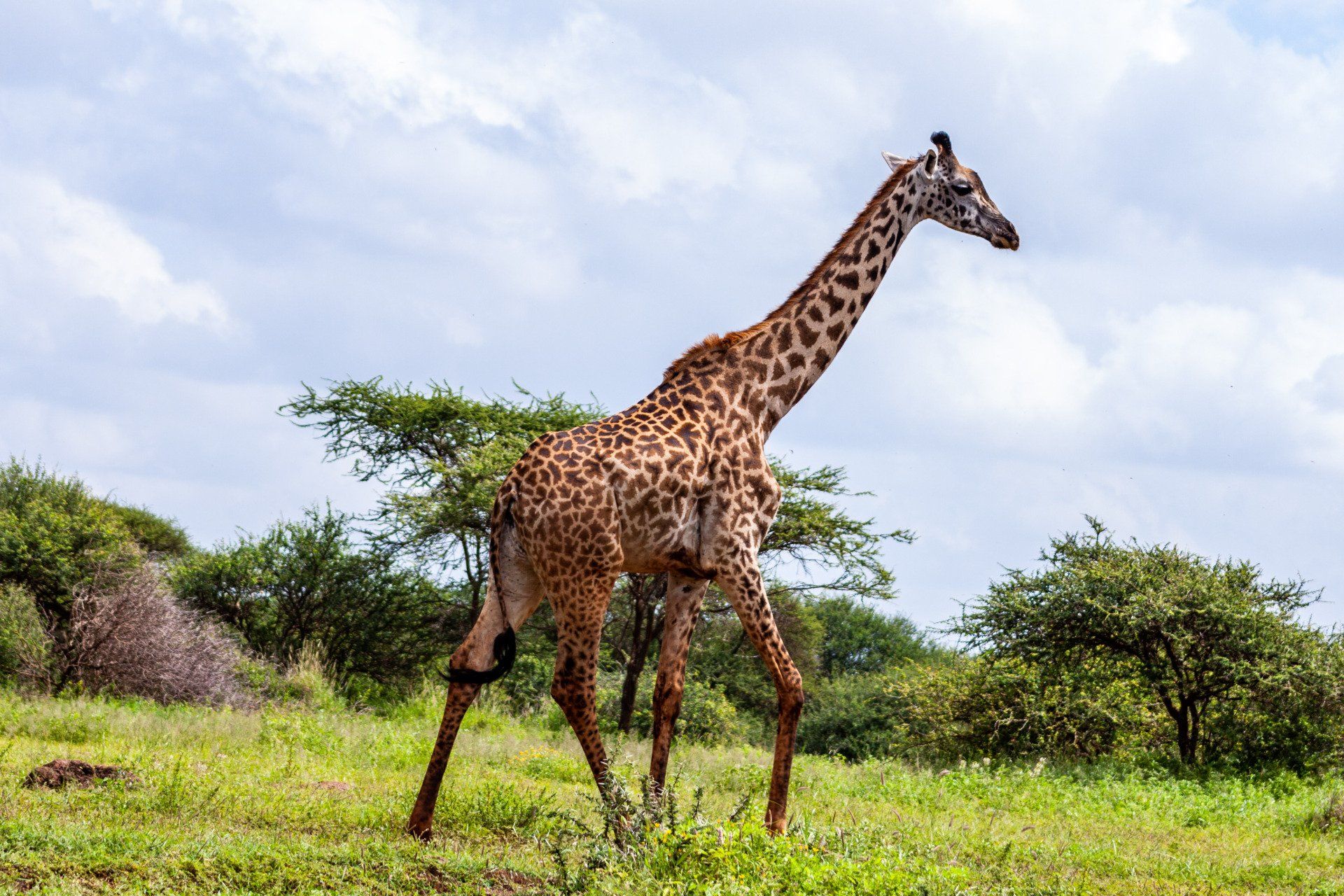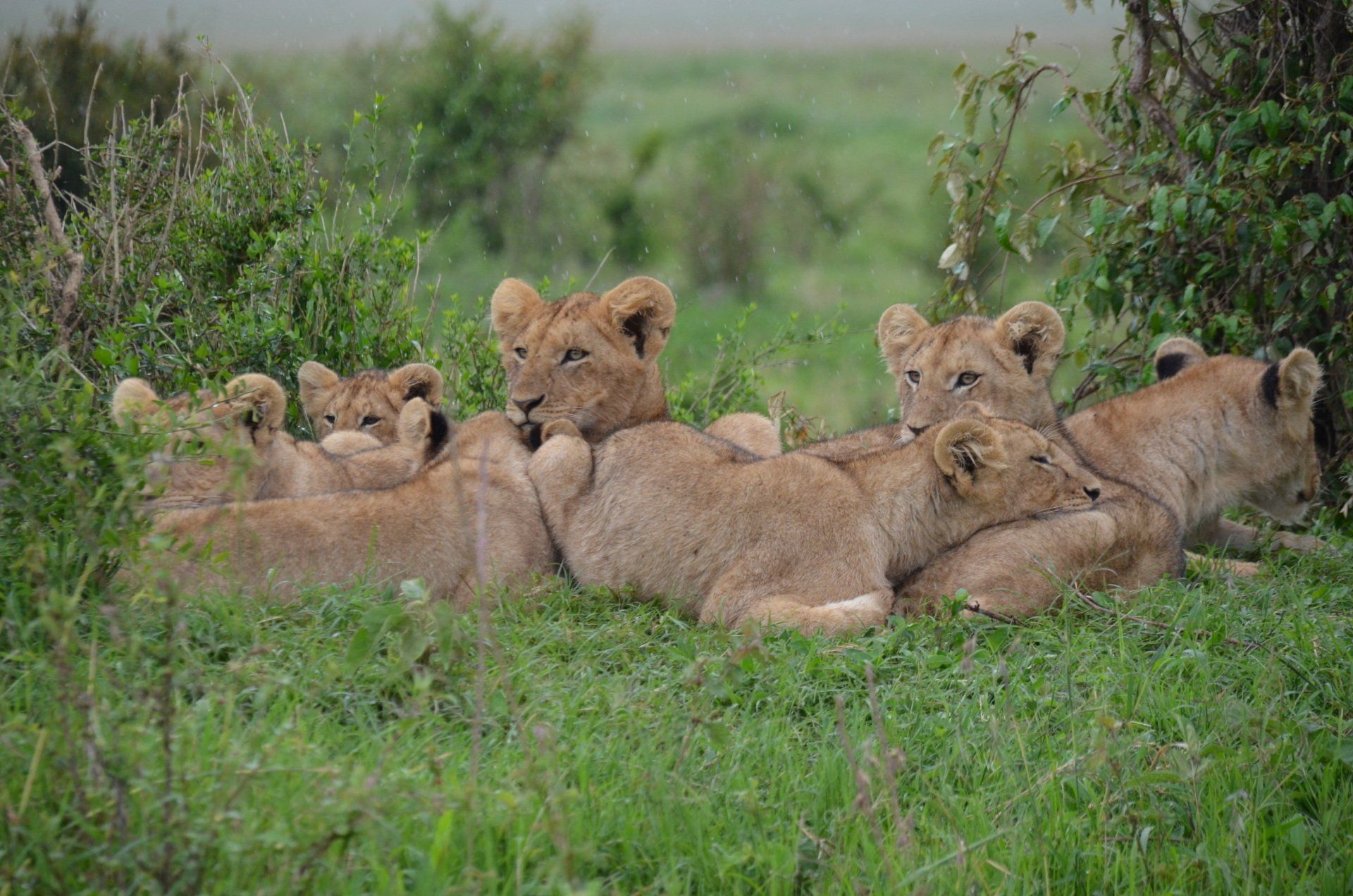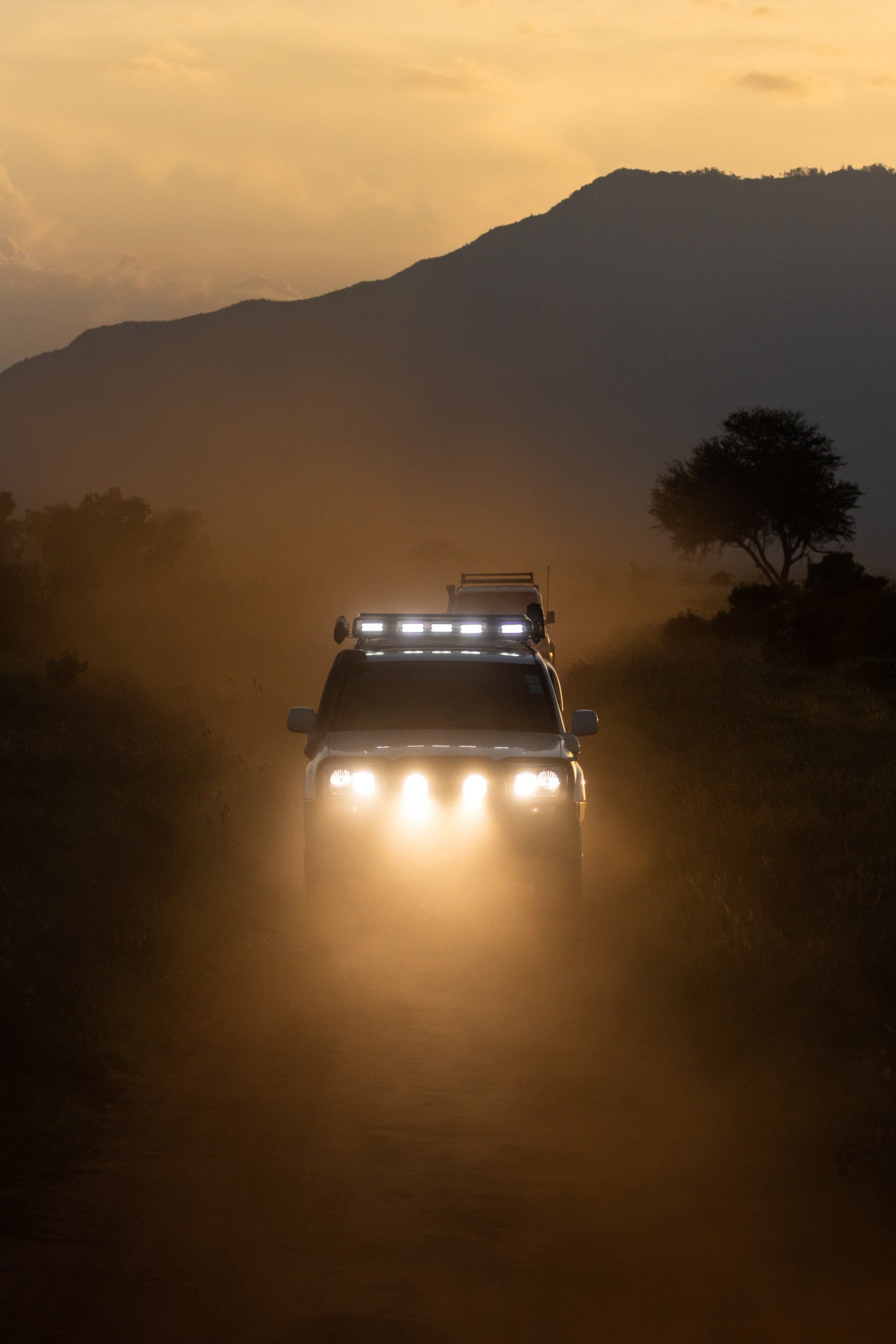Welcome in Kenya
Weather and climate
Kenya experiences a diverse climate due to its varied geography, ranging from coastal areas to highlands and savannahs. Coastal regions, including Mombasa and Lamu, have a tropical climate with hot and humid conditions year-round, while Nairobi and the central highlands have a more temperate climate with cooler temperatures. The best time to visit Kenya is during the dry seasons, which are generally from June to October and January to February, with clear skies and ideal wildlife viewing conditions.
Accommodations
Kenya offers a wide range of accommodations to suit every traveler's preference and budget. Popular locations for accommodations include Nairobi, Mombasa, Diani Beach, Maasai Mara National Reserve, Amboseli National Park, and Tsavo National Park. Options range from luxury safari lodges and tented camps to budget-friendly guesthouses and campsites.
Travel advice and safety
Kenya is generally safe for tourists, but it's essential to exercise caution, especially in urban areas and crowded tourist spots. Avoid walking alone at night, safeguard your belongings, and be aware of your surroundings. Follow the advice of local authorities and stay updated on any travel advisories.
Activities and attractions
Kenya offers a wealth of activities and attractions for travelers. Some popular activities include going on safari in Maasai Mara, Amboseli, or Tsavo National Parks to witness the Big Five and other wildlife, visiting the Giraffe Centre and David Sheldrick Wildlife Trust in Nairobi, exploring the cultural heritage of Lamu Old Town, and relaxing on the beautiful beaches of Diani and Watamu.
Local cuisine and restaurants
Kenyan cuisine is diverse, reflecting the country's multicultural heritage. Popular dishes include nyama choma (grilled meat), ugali (cornmeal porridge), and pilau (spiced rice). Recommended eateries include Carnivore Restaurant in Nairobi for a unique dining experience featuring various grilled meats, Mama Oliech Restaurant for traditional Kenyan dishes, and Ali Barbour's Cave Restaurant in Diani Beach for seafood specialties.
Transport
In Kenya, taxis operate on metered fares in urban areas like Nairobi and Mombasa, with initial charges ranging from KES 300 to 400 ($3 to $4) and additional charges per kilometer. Public transportation, including matatus (minibusses) and boda bodas (motorcycle taxis), is widely available and inexpensive, with fares starting at around KES 50 to 100 ($0.50 to $1) for short distances.
Currency and payment
he currency used in Kenya is the Kenyan Shilling (KES). Credit cards are accepted in major cities and tourist areas, but it's advisable to carry cash for transactions in smaller shops, markets, and rural areas. ATMs are available in urban centers for cash withdrawals.
Language and communication
The official languages of Kenya are English and Swahili, with English widely spoken in urban areas, tourist destinations, and business establishments. Learning basic Swahili phrases can enhance your experience and interaction with locals, who appreciate visitors making an effort to speak their language.
Culture and local customs
Kenyan culture is rich and diverse, with 42 different ethnic groups contributing to the country's heritage. Respect for elders, hospitality, and communal values are essential aspects of Kenyan society. It's customary to greet people with a handshake, and it's polite to remove your shoes when entering someone's home or a place of worship.
Packing list
When visiting Kenya, pack lightweight clothing suitable for warm temperatures, a hat and sunglasses for sun protection, sturdy walking shoes for safaris and outdoor activities, insect repellent, a reusable water bottle, and a camera for capturing memorable moments.
Budgeting
The average daily budget for a mid-range traveler in Kenya ranges from $50 to $150, covering accommodation, meals, transportation, and activities. Luxury travelers can expect to spend upwards of $200 per day, while budget travelers can find cheaper options, especially when staying in hostels or guesthouses.
Health and medical facilities
Medical facilities in Kenya vary in quality and availability. In cities like Nairobi and Mombasa, there are reputable hospitals and clinics offering medical services to both locals and tourists. It's advisable to have travel insurance that covers medical emergencies and to carry a basic first aid kit.
Travel tips and recommendations
When planning your trip to Kenya, research the best time to visit based on your interests, such as wildlife viewing or beach relaxation. Book safari tours and accommodations in advance, especially during peak tourist seasons. Respect wildlife and follow park rules when on safari to ensure a safe and enjoyable experience.
Emergency contacts
In case of emergencies, dial 999 for police assistance, 999 for medical emergencies, and 112 for general emergencies in Kenya.
Internet and communication
Major mobile network providers in Kenya include Safaricom, Airtel, and Telkom Kenya, offering prepaid SIM cards and mobile data plans for tourists. WiFi is available in most hotels, restaurants, and cafes in urban areas and tourist destinations.
Submit your travel inquiry here
Thank you for contacting us.
We will get back to you as soon as possible.
We will get back to you as soon as possible.
Oops, there was an error sending your message.
Please try again later.
Please try again later.











